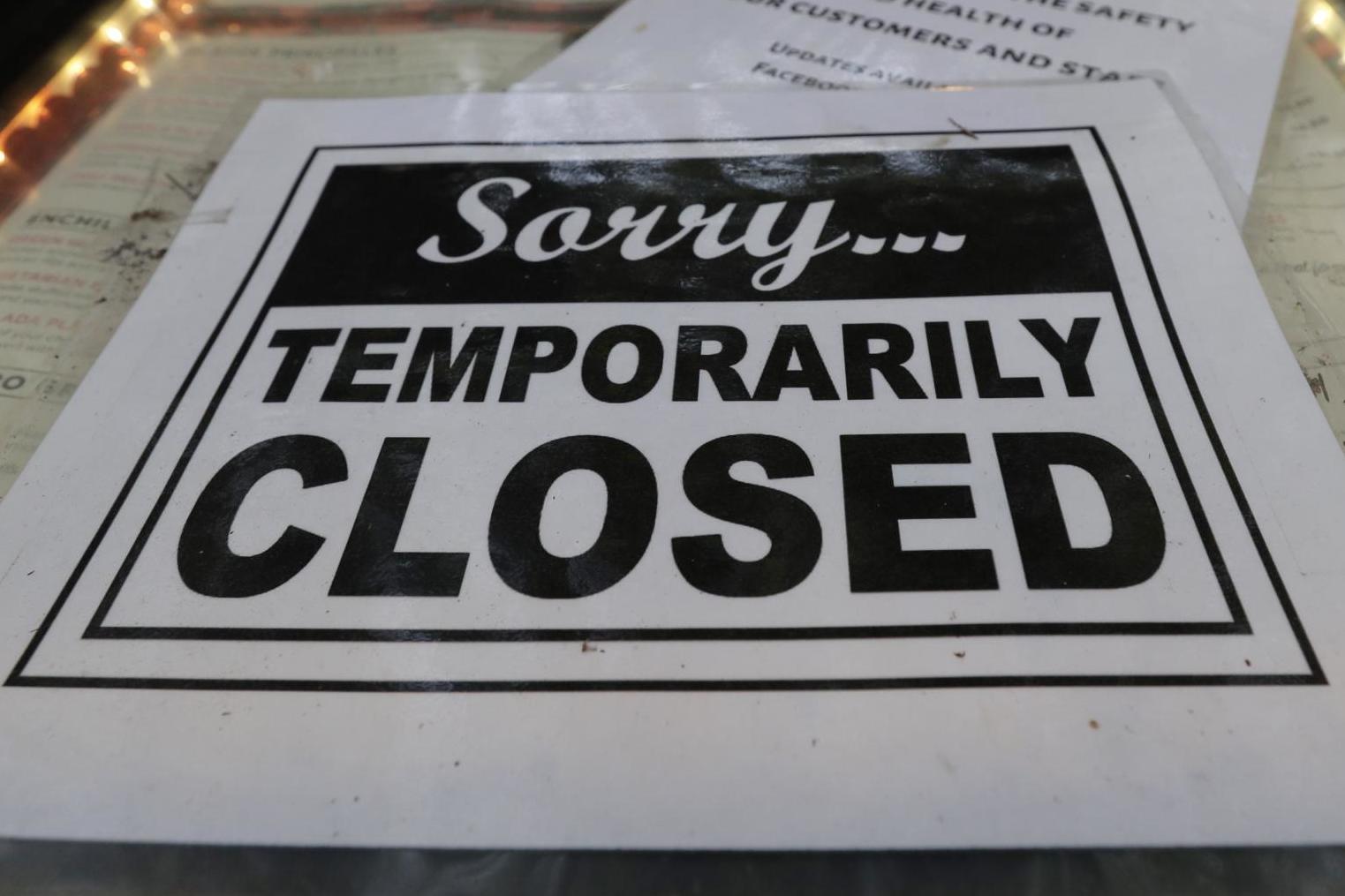This website uses cookies so that we can provide you with the best user experience possible. Cookie information is stored in your browser and performs functions such as recognising you when you return to our website and helping our team to understand which sections of the website you find most interesting and useful.

The Justice Department has detected signs of fraud in applications for the small business coronavirus pandemic bailout program approved as part of the CARES Act.
Bloomberg reports that investigators for the department’s criminal division have spotted troubling signs in both approved and rejected applications for the Paycheck Protection Program (PPP).
Loans under the PPP, run by the Small Business Administration (SBA) and paid out by commercial lenders, are effectively grants if recipients use the funds to cover costs such as wages and rent.
“There are unfortunately businesses that are sending in loan applications for large amounts of money that are overstating their payroll costs, overstating the number of employees they’ve had, overstating the nature of their business,” Assistant Attorney General Brian Benczkowski told Bloomberg.
Prosecutors have contacted the SBA and more than 15 of the largest loan processors in an effort to monitor hastily disbursed, but badly needed, federal aid.
Mr Benczkowski added: “Whenever there’s a trillion dollars out on the street that quickly, the fraudsters are going to come out of the woodwork in an attempt to get access to that money.”
However, given the loose guidelines and wide discretion given to banks for issuing the loans, provided a borrower conformed to those standards and any disbursed money was used for the correct purposes, it may prove difficult to prove intentional fraud.
The Justice Department’s investigation is based on the model developed to detect healthcare fraud, using data analytics to identify criminality in federal health programmes such as Medicare.
In the case of healthcare, prosecutors monitor billing trends geographically looking for anomalies. Each year these investigations lead to charges for hundreds of medical professionals trying to defraud taxpayers.
It is understood that in these early stages, PPP investigations are limited to borrowers and do not focus on specific cases, but rather on broad trends.
While no confirmed PPP, fraud cases have emerged publicly, the initial findings by investigators add a further blemish to the reputation of a programme that has already seen stimulus money intended for small businesses go to large corporations, including publicly traded companies and restaurant chains.
The first round of funds approved by Congress were quickly exhausted, leading the Trump administration to ask businesses to return the money if they don’t need it.
Treasury secretary Steve Mnuchin said on Tuesday that owners of large corporations that took money intended for small businesses “should be apologising … not just giving the money back.”
By Thursday, more than 30 million Americans had filed for unemployment since the beginning of the state lockdowns put in place to limit the spread of the virus.



 Africana55 Radio
Africana55 Radio 

